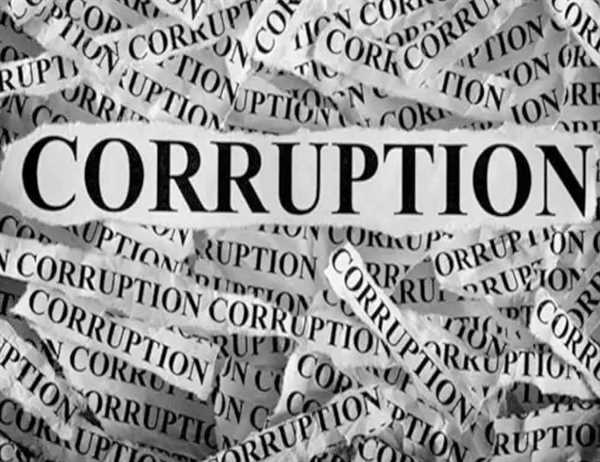When it comes to the issue of corruption, India is not alone. Corruption is a global phenomenon, and India is certainly not the worst offender. However, the scale of corruption in India is staggering, and it is a major impediment to the country's development. The country is ranked 76th out of 180 countries in the 2017 Corruption Perception Index released by Transparency International. This is a significant drop from its previous ranking of 69th in 2016.
There are many factors that contribute to corruption in India. The lack of transparency and accountability in the government is a major problem. There is also a lack of effective regulation and oversight of the private sector.
There is no one-size-fits-all solution to the problem of corruption. However, there are a number of measures that could be taken to significantly reduce corruption in India.
Firstly, it is important to increase transparency and accountability in the government. There should be more transparency in the way government contracts are awarded, and more information should be made available to the public.

Secondly, the role of the media should be strengthened in order to expose and investigate instances of corruption. The media should be free to report on corruption without fear of reprisal.
Thirdly, the judiciary should be independent and effective in prosecuting those who are guilty of corruption. The current system of justice is often slow and ineffective, and this serves as a deterrent to reporting and prosecuting corrupt officials.
Fourthly, civil society organizations should be given more space to monitor and expose corruption. These organizations play a vital role in keeping the government accountable.
Finally, it is important to address the root causes of corruption. Poverty, inequality, and weak institutions are all factors that contribute to corruption. By tackling these issues, we can make progress in the fight against corruption.
Corruption is a serious problem, but it is not an insurmountable one. With the right measures, India can make significant progress in the fight against corruption.
The good news is that there are many people and organizations working to fight corruption in India.
The Central Vigilance Commission is one of the most important anti-corruption bodies in the country. It was set up in 1964 to investigate corruption in the central government.
The Right to Information Act is another important tool in the fight against corruption. The Act gives citizens the right to access information from the government. This has helped to expose many corrupt practices in the government.
There are also a number of civil society organizations that are working to fight corruption in India. These organizations are often at the forefront of exposing corruption and fighting for reform.
The fight against corruption is an important one. It is only through the efforts of many people and organizations that India can be liberated from the scourge of corruption.